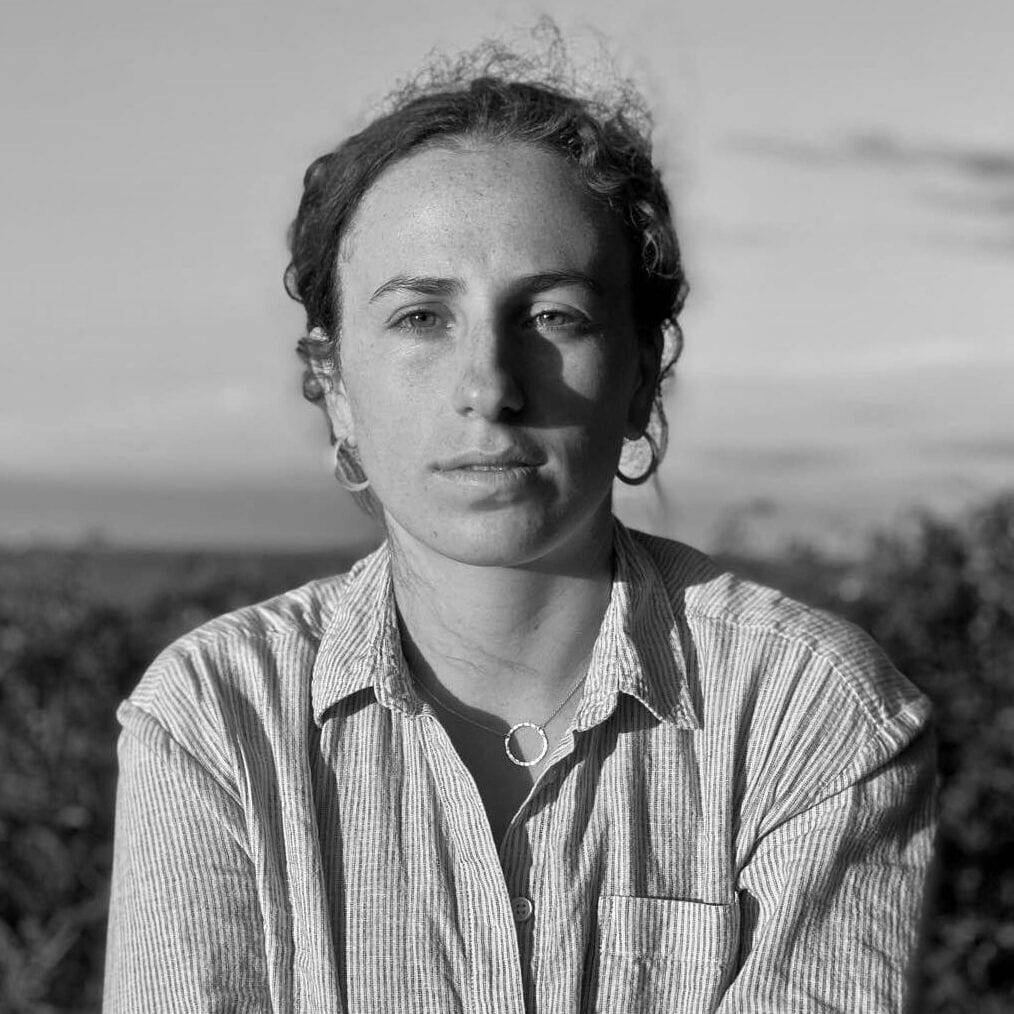This year, the London Palestine Film Festival (LPFF), like most events in 2020, has been forced online by the coronavirus pandemic. The change has compelled the festival’s coordinators to reconsider how to engage viewers through the digital lens while maintaining the integrity of the event.
With the festival set to open at 10 a.m. on Friday, MEMO caught up with festival events coordinator Roua Naboulsi for a conversation about how to navigate the event online.
The festival’s coordinators, Naboulsi explains, have recorded extra content for viewers, including introductions to the films by the filmmakers themselves, as well as pre-recorded question and answer sessions.
She explains: “We’ve created a lot of [pre-recorded] content for people, introductions by the filmmakers… [as well as] pre-recorded Q&As dialogues that I think will really give audience members that extra material to supplement the films.”
The extra content can be accessed from the LPFF site along with the films, which each carry a £6 price tag, and can be purchased at any time throughout the 13-day festival.
“When you purchase access to the film, you will have access to that film for 48 hours,” Naboulsi says. “You will have access to all the extra footage that would come with it, so the introductions or the discussion that comes with it, you’d have all that to watch in the 48 hours.”
Though Naboulsi hopes that holding the festival online will be a one-off, some changes enforced by the pandemic could add to the depth of the event.
More filmmakers will make an appearance during the festival than in previous years, because they were able to digitally pre-record question and answer sessions, as well as introductions to their films, before the start of the two-week event.
READ: Bella Hadid expresses love for Palestine in birthday wishes to father
Naboulsi hopes the change will encourage viewers to discuss the films and generate dialogue around the Palestinian issue, as the event has done in previous years.
She expresses: “We want people to talk about [the films] and we want people to reflect and think on [them]. We’ve had to think really hard about how to replicate that feeling of open-mindedness and community [online].”
Generating this dialogue around the Palestinian issue in London and across Britain, Naboulsi explains, is the main reason the festival was originally established.
LPFF set out, Naboulsi clarifies: “To create a stimulating platform to bring together filmmakers and scholars and the general public as well, just to facilitate the crucial dialogue around Palestine that we feel is necessary.”
“We wanted to create a platform in London to shine a light on Palestine’s film industry, its culture, its people and its politics.”
Showcasing Palestinians’ stories through the medium of film, according to Naboulsi, helps to highlight the diversity of Palestine and challenge two-dimensional views especially prevalent in the West.
The festival coordinator conveys: “When people think of Palestine, especially in the West… I think the lives of Palestinians tend to be limited to almost being collateral damage at best, of an occupation.”
“Through the festival, we want to challenge that two-dimensional view and showcase the rich and diverse experience of being Palestinian.”
Art and cinema, Naboulsi adds, are ideal mediums to display this Palestinian diversity, because the films tend to tackle hard-hitting, difficult issues head-on.
Film “doesn’t really sugar-coat anything,” Naboulsi says, and this means the medium can encapsulate the Palestinian experience.
Through comedy, romance, documentary and a host of other genres, filmmakers are able to bring humanity and depth to Palestinian voices in a variety of ways, believes Naboulsi.
READ: Creation of independent Palestinian state could return to US administration’s agenda
However, because the festival, which places few restrictions on filmmakers’ submissions, showcases such a wide range of genres, “you don’t know which ones are going to hit you harder,” Naboulsi recounts.
Adding: “You don’t know if the documentaries are actually going to leave you feeling more emotional than the comedies and the romance.”
Instead, Naboulsi simply recommends watching all fourteen of the festival’s chosen films.
“I do think this year the programme is really exciting because we’ve just got such a strong range of genres of films. Anything from documentaries to some really brilliant features this year, to some more creative and experimental work that kind of just, I would say, pushes the boundaries of what we expect from cinema.”
Asked for her personal highlights, however, Naboulsi recommends three of the festival’s films.
For experimental film lovers, Naboulsi suggests An Unusual Summer by Kamal Aljafari, which, comprised of CCTV footage captured outside his family home, “unfolds like a diary of the Palestinian city of Ramallah.”
For viewers seeking films from newer, younger producers, Naboulsi recommends We Are Online: Laptop Shorts Multi-bill, a collection of three short pieces each taking the audience inside the private lives of the filmmaker.
While for documentary lovers, Naboulsi mentions Letter to a Friend and Triple Chaser, a double-bill of investigative films that explore the use and effect of tear gas, both in Palestine and across the world.
The Present by British-Palestinian filmmaker Farah Nabulsi, who spoke to MEMO about the multi-award-winning film earlier this year, is also featured in the LPFF festival.
INTERVIEW: ‘Why are simple tasks made so difficult in Palestine?’ asks filmmaker Farah Nabulsi











